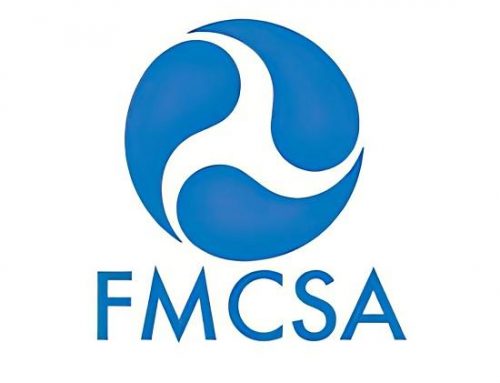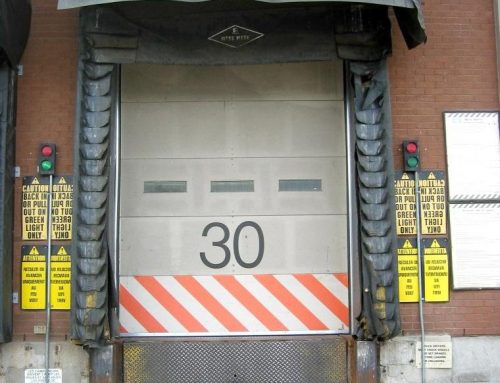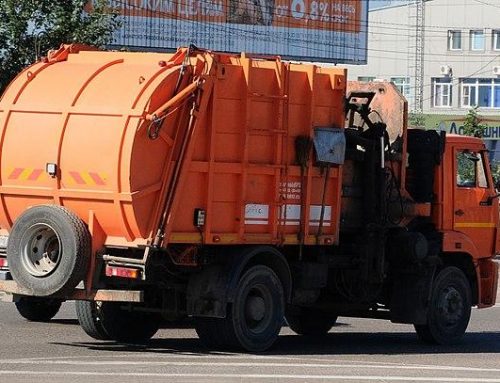When employees raise concerns over safety issues, it protects not only workers but the broader public who relies on safe transportation services. However, workers who speak up often face retaliation from employers. The National Transit Systems Security Act (NTSSA) aims to change that by legally protecting public transportation workers who report safety and security violations.
Who Does the Law Cover?
The NTSSA protects employees of public transportation agencies and contractors or subcontractors, such as bus manufacturers. It does not cover school bus, charter bus, or sightseeing transportation workers, although they may be protected under other laws for reporting safety issues.
What Activities Are Protected from Retaliation?
If you work for a covered public transportation employer, the law protects you from retaliation for:
- Reporting safety or security violations, waste, fraud, or abuse of funds to your employer, Congress, or government agencies
- Refusing to violate laws or regulations relating to transportation safety and security
- Filing a complaint, testifying, or participating in proceedings related to transportation safety laws and regulations
- Reporting hazardous safety or security conditions
- Refusing to work or authorize use of equipment when imminent hazardous conditions exist
Even if employers wrongly perceive you engaged in these protected activities, you are still protected.
Types of Prohibited Retaliation
If employees engage in NTSSA-protected activity, employers may not:
- Terminate or lay off workers
- Demote, deny overtime/promotions, or discipline
- Intimidate or threaten
- Blacklist workers
- Reduce pay or hours
- Reassign workers to less desirable positions
Time Limits
Workers who experience retaliation must file complaints within 180 days. The deadline begins after the retaliatory act occurred or after the employee reasonably became aware of the act.
How to File a Complaint
Employees can file NTSSA complaints with OSHA in person, by phone, mail, online, email, fax, or through third-party carriers. No particular form is required and complaints can be submitted in any language. OSHA provides an intake questionnaire that allows workers to describe what happened.
Investigation and Outcomes
OSHA investigates complaints to determine if the evidence supports allegations of illegal retaliation. If so, possible remedies require employers to reinstate employees, provide back pay, and reverse other adverse actions. If evidence cannot support the employee’s claims, OSHA dismisses the complaint. Either party can appeal OSHA determinations to an administrative law judge.
Further Resources
The NTSSA provides important protections to public transportation workers who take a stand on safety. Speaking up saves lives and this law aims to have employees’ backs when doing so. For more information on NTSSA rights and procedures, employees can contact OSHA or visit www.whistleblowers.gov. Creating workplaces where employees feel safe reporting legitimate concerns without fear of retribution benefits both workers and the public.
The article covers all sections from the original document, exploring the key concepts around whistleblower protections for public transportation workers. It explains what activities are protected, who is covered, types of retaliation, procedures for filing complaints and appeals, and offers resources for learning more. The goal is to clearly convey the importance of these rights in enabling workers to speak up about safety issues without facing retaliation. Protecting those who protect public safety strengthens transportation systems for all.










